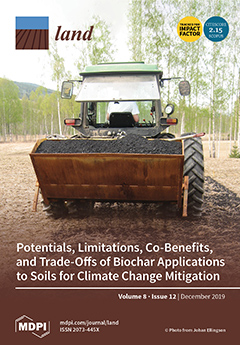Global drivers of food system (un)sustainability: A multi-country correlation analysis
At present, our ability to comprehend the dynamics of food systems and the consequences of their rapid ‘transformations’ is limited. In this paper, we propose to address this gap by exploring the interactions between the sustainability of food systems and a set of key drivers at the global scale.



